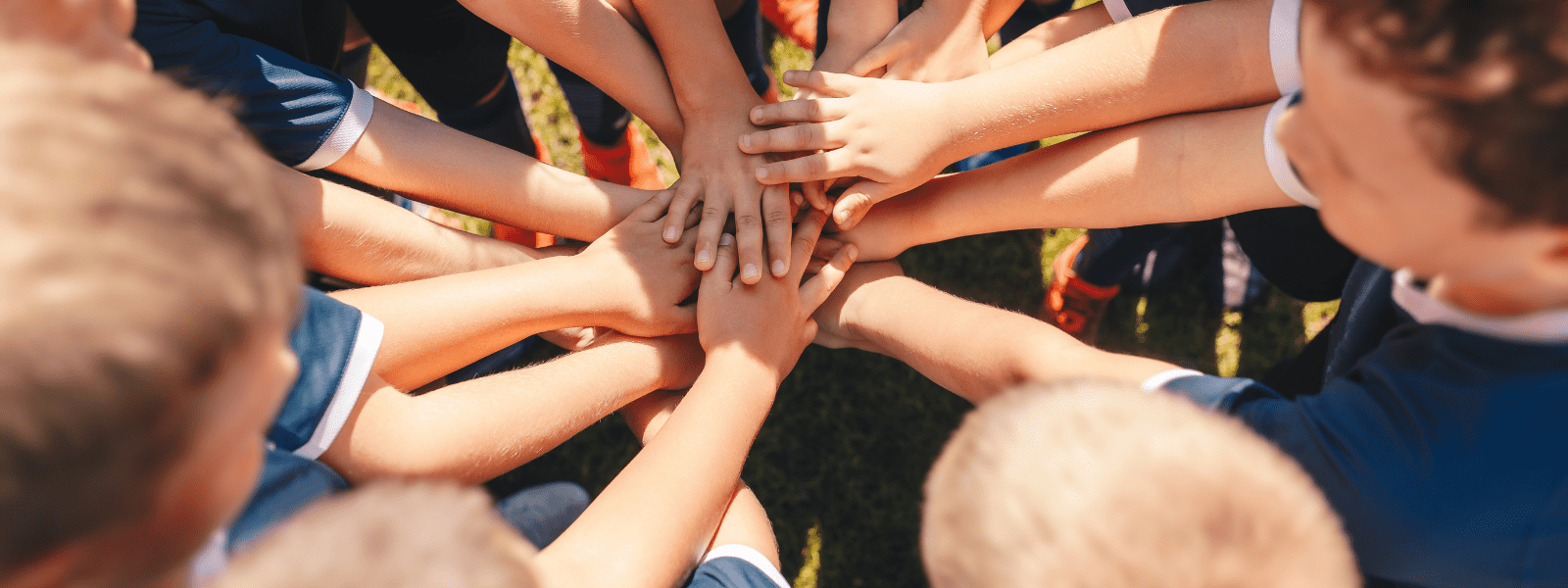Concussion Recovery and Brain Training
Concussions happen daily, whether in sports, car accidents, day-to-day injuries, or other more serious situations. While the concussion recovery journey is different for everyone, there are some things you can do to help restore focus and memory!
What are the Lasting Effects of Concussions?
Often after a concussion, you hear that you will continue to experience headaches, vision changes, and a vague description of some lasting “cognitive impairments or differences.” This is because everyone’s brain works uniquely, and the area of injury is equally varied. A concussion can also range in severity, leading to a wide range of outcomes.
Despite all this variability, some of the lasting effects concussions cause include:
- Poor memory
- Thinking more slowly than usual
- Having trouble focusing on a particular task
- Trouble with reading and visual/spatial processing
How Do Concussions Impact Learning?
Especially if it is a child who experiences concussion, you are likely wondering how this injury is going to impact them academically. On average, 6.8% of kids will experience a concussion before age 17 (with higher rates occurring during the teenage years). For many kids, these injuries are a result of sports, with football and girls’ soccer having the highest incidences.
While concussions in kids can be scary, as you’re helping your child recover it’s important to consider how their injury is going to affect their school performance.
Some places to watch include:
- Do they regularly forget assignments, struggle with tests, or have trouble keeping up with all of their supplies/notes/books/etc.?
- Can they keep up in class with note-taking and finishing tests on time?
- Do they work more slowly than their peers?
- Do they struggle to follow through with a particular task?
- Are they easily distracted?
- Do they struggle more with reading than they did before the injury?
- Are they easily overwhelmed?
If any of these questions resonate, it’s possible that the effects of your child’s concussion may be impacting their academic performance and learning.
What Does Brain Training Do?
All learning happens thanks to your brain’s cognitive skills. This includes formal learning and day-to-day life; they’re like a filter that takes in all sensory input and decides what to do with it.
After a concussion, there can be some new roadblocks that prevent learning from being a smooth process. With brain training, you can strengthen these foundational skills to make learning easier across the board!
We’ve helped hundreds of individuals, both kids and adults, overcome the lasting effects of traumatic brain injuries and concussions with amazing results. After brain training, clients saw significant improvements in all targeted cognitive skills!
But what does this mean in real life?
Ultimately, it mean that our clients have:
- Stronger memories
- Longer attention spans
- Better reading skills
- Faster thinking
- Improved confidence
- Better performance in school and work
Brain training works because it helps the neurons in your brain re-form connections that may have been lost through injury. In MRI studies, brain training has increased connections between different areas of the brain.
If you or someone you love is dealing with the lasting effects of a concussion, the first place to start is with a cognitive skills assessment. This will give us a measure of where you are so we can know how to best support you as you make a full recovery! This test highlights the top cognitive skills (including memory, attention, processing speed, and reading abilities) that determine how efficiently learning can happen.
With this knowledge, we’ll be able to walk you through ways to get your brain back to being the best it can be!
*These are all results of past clients. You or your child may not experience the same outcome.







